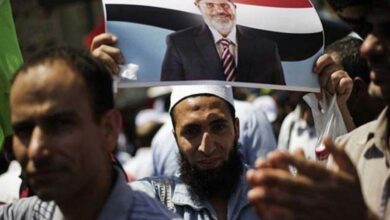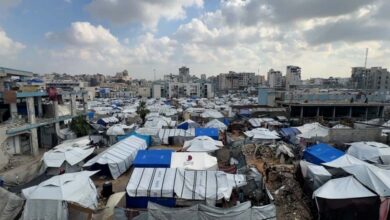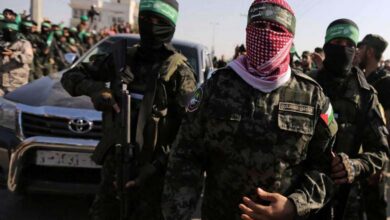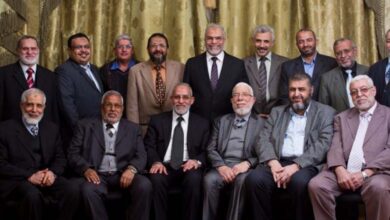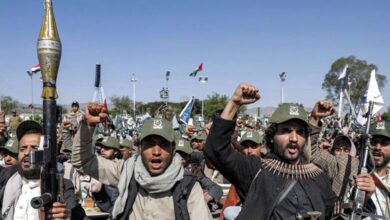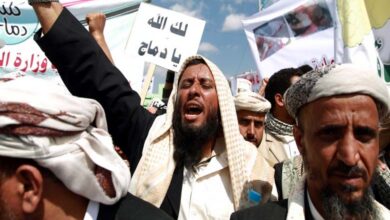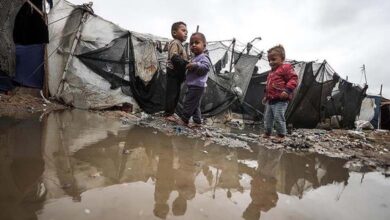The Yemeni Muslim Brotherhood Succeed in Infiltrating ‘National Shield’ Forces?
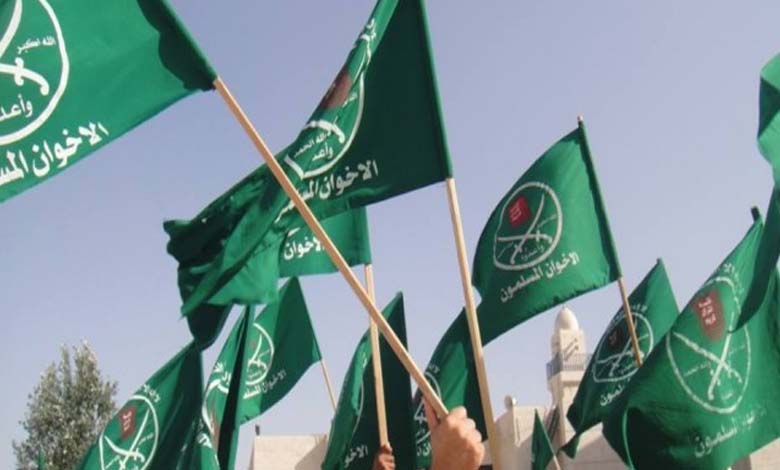
Although the decision of the Presidential Leadership Council’s head, Rashad al-Alimi, to form military units under the name ‘National Shield’ has sparked the ire of the Yemeni Muslim Brotherhood, considering it sidelining their forces named the ‘National Army’, the Reform Party, their political arm, managed to infiltrate those forces by imposing military figures loyal to them.
Yemeni political circles have stated that the Muslim Brotherhood seeks to make their infiltration influential and strong within the branches of ‘National Shield’ in the southern provinces, with the aim of making these forces a front to continue facing the Southern Transitional Council.
They expressed concerns about the Southern Transitional Council commissioning the commander of the Fifth Presidential Guard Brigade, Adnan Riziq, known for his strong relationship with the Reform Party, to form the core of the ‘National Shield’ in Shabwah. The commission might open the door to attract Muslim Brotherhood elements from the province, train them, and engage them in facing the Shabwani Elite, which previously expelled the Muslim Brotherhood from several locations in the oil-rich province, according to the London-based Al-Arab newspaper.
Local reports cited by Al-Masdar News stated that Riziq, who moved from Taiz to Saada, returned to Shabwah since the end of October, recruiting around 1,500 young men within the ‘National Shield’.
The Muslim Brotherhood benefits from the weak response of the southern population to the idea of being under the umbrella of the ‘National Shield’, considering the Southern Transitional Council as their representative. Simultaneously, they see the primary goal of this force as fundamentally reinstating security in the southern provinces to the central government’s control under vague titles like unifying Yemeni forces and establishing common security and military institutions.
The legitimate government struggles to attract elements to the ‘National Shield’ in the southern provinces, a gap the Muslim Brotherhood exploits to offer their services and enter those forces. With their considerable power in Al-Alimi’s government, they will exploit the situation to settle scores with the southern factions.
Various reports have indicated extensive influence of the Reform Party within the Yemeni army, especially in advanced positions. This will undoubtedly affect the selection of fighters in the ‘National Shield’, leading to most being aligned with the Muslim Brotherhood.


